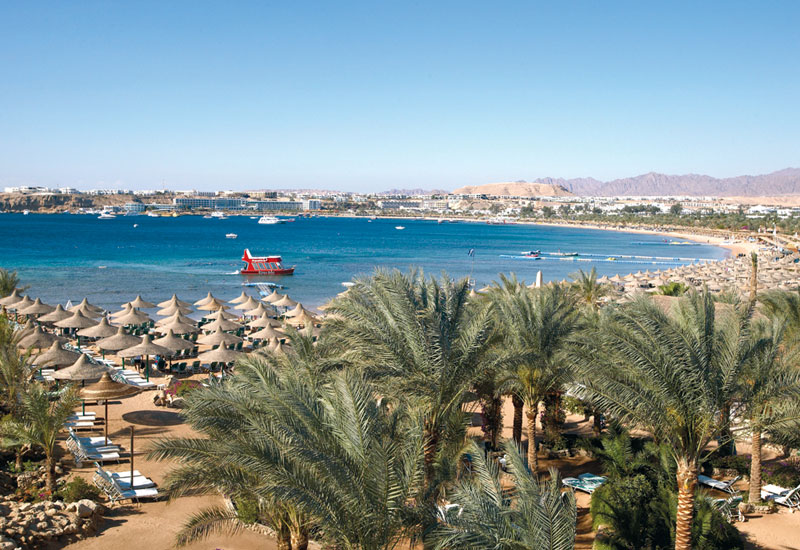Whilst it has worked and occupancies in 2008 have returned to 2004 levels at around 80%, it has not helped leverage higher room rates.
With the exception of the Four Seasons hotel, the five-star properties offer standard tour package holiday fare, yet those in the Naama Bay area can attract higher rates due to their position near the only active centre in the resort town.
Given that Sharm el Sheikh has no commercial business, being only a resort town, one wonders what the next development step will encompass.
Although there is still significant land available stretching inland to the Sinai mountains, surely protection of the coastline will prevail and therefore limit any further development of room supply to this part of the coast.
It is likely that Sharm el Sheikh will need to move towards alternative recreational activities and if leisure developments are to be built in the remaining land, instead of further hotel rooms, then perhaps tourists can be persuaded to increase their spend during their stay.
If planned well, this would be a welcome boost to the local economy as tour operators often have a minimal positive impact on the livelihoods of the host country, particularly when the tourist is on an all inclusive package.

| Advertisement |
Unfortunately, the location is fundamentally locked into its dependence on tour operator business due to the lack of an open skies policy, with no scheduled flights to Sharm el Sheikh airport save for domestic flights operated by Egypt Air.
Independent travellers will pay higher room rates and typically book on a room only or bed and breakfast basis, extending the opportunity for additional spend both within the hotel and in the surrounding community.
The challenge for hoteliers is that the trip to Sharm el Sheikh is not that direct from most markets at present and despite Gulf based Arabs being regular leisure visitors to Cairo, this love affair has not been extended to any great degree to South Sinai. Sharm el Sheikh is just beyond comfortable reach for most independent travellers.
Of course, the danger of wanting to spruce up Sharm el Sheikh and give it the attributes of other “successful” resort destinations is that it may in fact lose the very charm that draws visitors there in the first place. Sharm el Sheikh attracts repeat visitors, with some hotels even showering recognition on those that have returned loyally year after year to the same property. Whether it is affordability, the guaranteed sunshine or the tour package experience that brings the guests back, it is hard to say, but without them Sharm el Sheikh would not have grown to be the resort destination it is today.









 Search our database of more than 2,700 industry companies
Search our database of more than 2,700 industry companies









